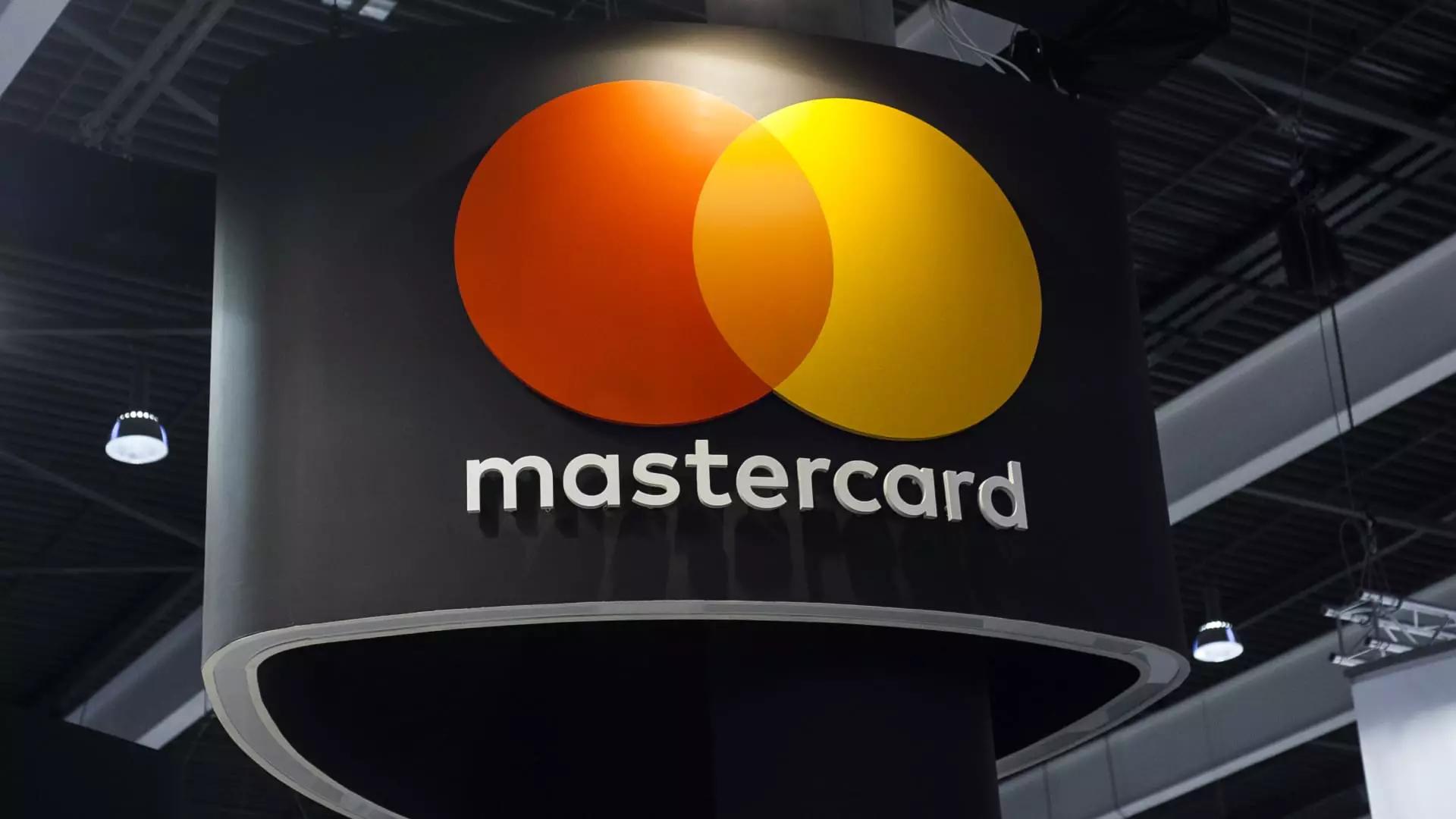In a bold move to evolve its business model, Mastercard has announced its acquisition of Minna Technologies, a Swedish software firm known for simplifying subscription management for consumers. This strategic initiative reflects Mastercard’s broader ambition to extend its services beyond traditional credit and debit card transactions and step into the rapidly evolving technology services market. Alongside this acquisition, Mastercard is competing with its primary rival, Visa, as both companies aim to adapt to and thrive in an increasingly digital financial ecosystem.
In recent years, the shift of consumers toward a subscription-based economy has created challenges for both financial institutions and their clientele. The painstaking process of tracking and managing numerous subscription services can lead to customer frustration and hinder financial operations, thus underlining the necessity for technological solutions. By acquiring Minna Technologies, Mastercard aims to offer an integrated subscription management tool that empowers consumers to oversee their subscriptions seamlessly, whether through banking applications or a centralized hub.
Minna Technologies, headquartered in Gothenburg, Sweden, boasts a robust technology platform that partners with major financial institutions to facilitate subscription management within banking applications. The firm’s intuitive approach allows users to view and manage all their subscriptions, irrespective of the payment method employed. This addresses a prevalent pain point: consumers often forget which services they’ve subscribed to, leading to potential wastage of money on unwanted subscriptions.
Mastercard’s initiative recognizes these consumer challenges and seeks to enhance the user experience. According to the company, integrating Minna’s technology into its existing offerings will facilitate a better understanding of the merchant-consumer relationship, reducing confusion and disputes over recurring charges. This is vital as it can lead to fewer instances where consumers inundate their banks with requests to block payments—an often tedious and frustrating process. Addressing these consumer needs not only improves satisfaction but also strengthens Mastercard’s relationship with merchants who benefit from reduced friction in payment processes.
As highlighted by Juniper Research, the global subscription market is booming, with numbers projected to grow from 6.8 billion subscriptions to 9.3 billion by 2028. This meteoric rise necessitates financial services like Mastercard to innovate continuously in managing and facilitating subscription payments. As financial institutions eye the lucrative subscription economy, the urgency to carve a niche in subscription management is palpable. With this acquisition, Mastercard positions itself strategically within this burgeoning market by offering tools that provide clarity and control to consumers’ financial transactions.
The trend toward a subscription-heavy lifestyle is becoming increasingly pronounced, affecting how consumers engage with brands and services. Numerous household names, including Netflix, Amazon, and Disney+, exemplify this shift, causing consumers to juggle multiple subscriptions simultaneously. Amidst this complexity, an efficient subscription management tool becomes indispensable for thousands, if not millions, of users.
Mastercard’s acquisition is not an isolated event; it reflects a broader trend wherein established financial institutions are keenly aware of the need to adapt to the fintech boom. Visa, its prime competitor, has also taken steps to remain relevant in this shifting landscape. With the launch of Visa A2A, which simplifies the management of direct debit payments, Visa showcases its commitment to evolving its services in response to consumer needs.
Both companies are racing to embrace digital transformation, focusing on creating convenience for consumers and addressing the challenges posed by modern payment methods. As seen with Mastercard’s prior acquisition of Finicity, which enables users to share bank data with authorized parties, the payments giant is actively working on expanding its technological capabilities. This pattern is indicative of a much larger strategy that aims to create a cohesive ecosystem that caters not just to traditional payment methods but extends to modern financial management tools.
The acquisition of Minna Technologies by Mastercard signifies a pivotal moment in the evolution of consumer finance. As subscription-based models become omnipresent, adapting to the demands of the digital market is crucial. For Mastercard, this acquisition represents an opportunity to solidify its position in the financial services industry and prepare for the challenges posed by emerging fintech competitors.
Moving forward, the focus will likely hinge on enhancing the integration of subscription management capabilities within its existing platforms. As banks and payment providers gear up to meet the growing expectations of tech-savvy consumers, combined efforts from industry giants like Mastercard and Visa will be pivotal in shaping the future landscape of personal finance. By placing consumer convenience at the forefront, these enterprises are not just securing their market relevance, but also redefining how we experience financial services in the digital age.

